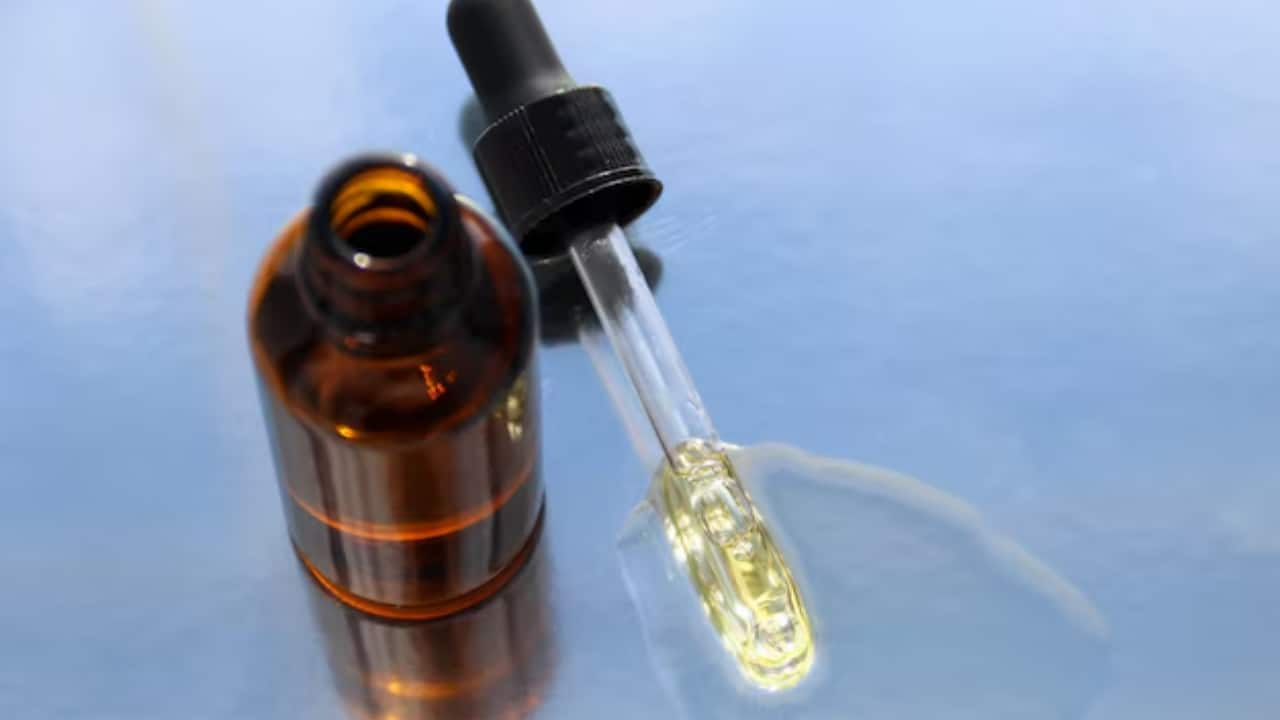



You must be living in a world devoid of skincare if you haven't heard about growth-factor serums, the new-age treatment that has transitioned from medicine to becoming a staple in the world of luxury skincare. You'll find content creators and influencers raging about it with brands jumping on the bandwagon by offering plant-derived, animal derived and synthetic formulas.
The real question, however, is whether you really need growth factors serums or is it just a passing fad? We talked to dermatologists to understand whether growth-factor serums really work.
What are growth-factors?
Growth-factor serums are skin products that repair and rejuvenate the skin. "They have unique proteins know as growth factors, which occur naturally in our skin and assist in healing, collagen synthesis, and maintaining firmness of the skin," explains Dr Ruben Bhasin Passi, Consultant, Dermatology, CK Birla Hospital, Gurugram, adding that "as we grow older, our skin produces fewer of these proteins, causing wrinkles, sagging and dullness". Growth factor serums restore these proteins to maintain the skin's youthfulness and health.
To put it simply, growth factors are your skin's personal trainers, pushing it to heal, regenerate and stay firm, says Dr Kriti Lohia, Founder and CEO, Consultant Dermatologist, Aesthetics Redefined by Cocoona.
Growth factor serums give signals to skin cells, instructing them to repair damage and create more collagen and elastin. "Some serums utilise human-derived growth factors, but other are plant or synthetic. In either case -- their aim is the same -- to enhance skin health and appearance," says Dr Passi.
What are the benefits of growth factor serums?
 Growth factor serums are suitable for different skin types. (Image: Freepik)
Growth factor serums are suitable for different skin types. (Image: Freepik)
Growth factor serums can decrease fine lines and wrinkles, enhance skin hydration, soothe sensitive skin and improve skin texture and tone. "This happens as growth factors increase collagen production and fortify the skin barrier, allowing it to hold moisture," Dr Passi says. The best part is that they are gentle enough for most skin types, making them a versatile choice.
In comparison to powerful anti-aging ingredients such as retinol, growth factors tend to be less harsh and do not cause peeling or irritation. "Retinol is a great ingredient that enhances the turnover of skin cells and addresses wrinkles, acne and hyperpigmentation, unfortunately, it can be irritating to sensitive skin. Growth factors are less irritating and target repairing the skin rather than stripping it," Dr Passi explains. As for peptides, they are mostly for hydration and firming. "Growth factors assist with overall regeneration of the skin," he adds.
Also Read | Try these 3 DIY face serums for glass-like skin this summer
Who should include growth-factor serums in their skincare routine?
According to Dr Lohia, growth factor serums are perfect for, "individuals over 30, individuals with fine lines and wrinkles, those who are healing from cosmetic treatments such as chemical peels or laser therapy, and even individuals with sensitive skin." Overall, people who desire smoother, healthier looking skin should opt for this product.
On the other hand, pregnant women and those with active skin infections should hold off. Additionally, individuals allergic to some ingredients in the serum must first do a patch test. "Otherwise, it's fair game for most," Dr Lohia advises.
Also Read | Easy night care routine: Cleanse, use toner and serum, moisturise to wake up with soft, dewy skin
Things to keep in mind
1. Use every day for optimal results: Involve it in your morning and night skincare routine after washing your face with a cleanser.
2. Use on clean, moist skin: This allows the serum to penetrate more easily.
3. Use with other skincare ingredients carefully: Can be used with hyaluronic acid and niacinamide, but not with harsh acids (such as AHAs, BHAs) or retinol simultaneously.
4. Always apply sunscreen: Sun protection is necessary when using any anti-aging product.
5. Keep properly stored: Store in a cool, dry place to keep it effective.
Dr Passi recommends being patient while waiting for results. "Visible effects take approximately 4 to 8 weeks, so consistency is the key," he concludes.
Disclaimer: This article only provides generic information. Don’t treat it as a substitute for qualified medical opinion. Always consult a specialist for specific diagnosis.
Discover the latest Business News, Sensex, and Nifty updates. Obtain Personal Finance insights, tax queries, and expert opinions on Moneycontrol or download the Moneycontrol App to stay updated!